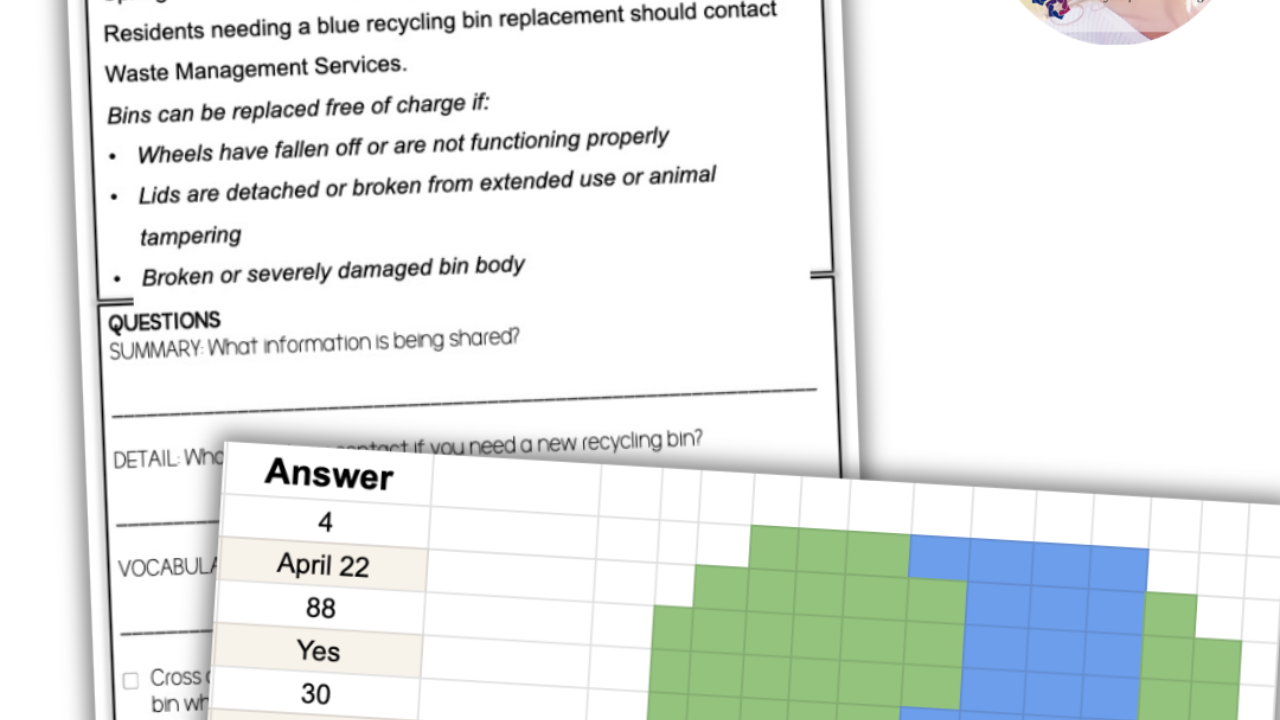How You Can Help Families Prepare to Access Benefits Over Summer Break
May 17, 2022
Let me preface this by saying that YOU won’t be doing any work for your well earned summer break. Instead, you’ll give your families a summer to-do list to help them be ready to dive into the benefits/service/support application process in the fall.
Here are 3 things YOU can ‘assign’ TO families to help get them ready for future supports
1. Gather necessary paperwork
Documents to locate
-
Birth certificate
-
Social security card (original)
-
State ID*
-
Benefit statement for previous year (if the student receives SSI)
If the student doesn’t have a State ID yet, then the summer is the best time to obtain that important document.
Tip- Give them a special or bright colored folder or envelope with a list of what to gather so they can store everyone in one place as they locate it.
2. Register for summer programming through local special recreation association
Yes, there will likely be a cost associated with the programming, but families should see this as the slow progression toward post-school life. The programming may also offer the student a fun social opportunity and a therapeutic outlet, both which are often needed during summer break.
Tip- Encourage the family to stick around after drop-off or before pick-up to meet other families of participants. This may help them to build their network of people who know what it’s like to be ‘in their shoes.’
3. Test out transportation options
If you had determined during the informal transition meeting that the student and family envision utilizing public transportation as the main means for the young adult to get around the community after they graduate or exit from special education, then the summer is a great time for everyone to explore what that looks like in their area.
For example, if families are unfamiliar with RideShare options, like Uber and Lyft, and they are available in your area then encourage them to download the app and take a few rides in their local community. Have the family see first hand what the experience will be like for their young adult. This will help them decide how they feel about their student taking a RideShare in the future and what skills they would need to reinforce to help them be a successful rider.
You can encourage families to do each of these three tasks in a variety of ways. Email all your families a list and encourage them to email pictures to you over the summer as they accomplish each task. Print off a fun, festive summer ‘homework’ worksheet and have student’s take it home. Challenge your families to get these tasks done as soon as possible and the first family to finish wins a prize (but they will all win, so be ready with simple and meaningful rewards).
When your students and families come back from summer break, they will be ready to begin pursuing funding, benefits, services, and supports with your assistance.
If YOU want to increase your understanding of available federal and state funding, benefits, services, and supports, check out my Confused to Connected Professional Development ( ! You can preview Lesson 1 here for FREE!

















